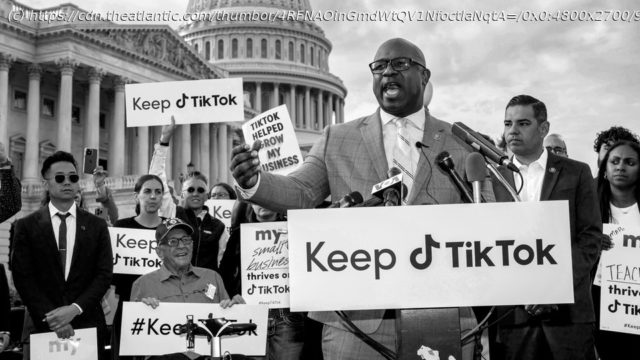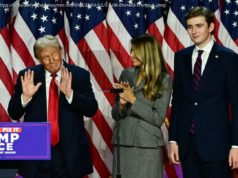So let’s not make the U.S. more like China.
“An enormous threat.” “An unacceptable national security risk.” “A spy balloon in your phone.” These are descriptions—from members of Congress and American regulators—not of a hidden piece of malware or a computer virus, but of the Chinese social-media app TikTok. Most U.S. citizens know TikTok as the place where they can watch people do stupid dances or post clips of themselves cooking. But many government officials view the app as a Trojan horse, a device that will enable the Chinese Communist Party to insinuate itself into American life and subvert national security. And that has led civil servants and elected representatives to call on the U.S. government to cut off Americans’ access to TikTok, the app’s enormous popularity with them notwithstanding.
The efforts to ban TikTok go back to the summer of 2020, when President Donald Trump, citing his powers under the International Emergency Economic Powers Act, issued an executive order prohibiting any American from participating in any transaction with the app. That order was struck down in the courts. But the impulse behind it hasn’t gone away. In January, Republican Senator Josh Hawley introduced a bill to ban TikTok from the U.S., and last month, Democrat Mark Warner and Republican John Thune introduced another Senate bill, the RESTRICT Act, which would empower the president to impose tight restrictions on “technology from foreign adversaries”—very much including TikTok.






